
Over 20 million people in the USA alone suffer from chronic kidney
disease - and many are not even aware they have it! An additional 20 million
others are at increased risk, as per the USA National Kidney Foundation. [1]
However, finding safe and effective herbs for promoting kidney health however
may seem quite challenging. Whereas many herbs for liver and colon health have
been studied, conclusive studies on herbs for kidney maintenance remain
somewhat scarce in the Western world. [2]
While research on herbs for the kidneys is somewhat limited, the
National Kidney Foundation consents there are some herbs that can indeed
promote kidney health when used in sensible amounts. [1] Here are 10 herbs and
natural remedies that have been studied and which are thought beneficial for
the kidneys:
10 Herbs For Kidneys
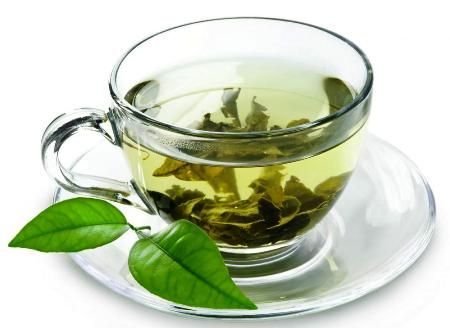
Green Tea
The young, "unfermented" leaves of the tea plant (Camellia
sinensis) are widely considered to have the best nutritional qualities. Most
green teas are unfermented or very lightly fermented, as opposed to oolong teas
which are semi-fermented and black teas which are fully fermented.
Tea has been shown to possess anti-inflammatory, astringent and
diuretic properties. It also contains compounds called polyphenols that have
been known to inhibit kidney stones and even prevent certain cancers. [2] It is
these polyphenols that are widely investigated for their anti-oxidant
activities to prevent diseases caused by oxidative stress like kidney related
disorders. As one recent Japanese study has shown, the biological activities
and low toxicity of polyphenols have beneficial effects on pathological states
related to oxidative stress renal disease. [3]
Couch Grass (Elymus repens)
Rich in polysaccharides, volatile oils, mucilages and other nutrients,
couch grass has been traditionally used to increase urine production and in
treating urinary tract infections like cystitis and urethritis. Because it has
diuretic, demulcent and antibacterial properties, couch grass is also used to
partially dissolve kidney stones. [2] Consequently, researchers in Italy
discovered that when combined with potassium citrate, dry extract of couch
grass significantly reduced total number of stones, size of urinary stones and
uric acid urinary excretion among the treated group after a 5 month follow up
period in a randomized controlled study. [4]
Rehmannia
Rehmannia is a herb that is less well known in the West but has been
used in Traditional Chinese Medicine since ancient times. The steamed roots of
rehmannia have been widely used a kidney tonic against various renal diseases.
A 2009 study showed that this herb possesses reno-protective effects in
progressive renal failure by reducing serum creatinine level, 24-h urinary
protein excretion and glomerulosclerosis. [5] Phytosterols, antioxidants, along
with iridoid glycosides are reported to be responsible for rehmannia's
therapeutic benefits on the kidneys. [2]
Banaba
An ornamental plant indigenous to Australia, India and tropical
countries in Southeast Asia, banaba has been used since ancient times as a
natural diuretic and as a remedy for kidney and bladder problems. [6] While
much research is focused on the herb's high levels of corosolic acid and how
this may improve blood sugar levels among type II diabetics, the leaves of
banaba have also been used to relieve urinary tract infections. Evidence also
suggests regular intake of banaba leaf tea can alleviate discomfort associated
with kidney stones and help prevent gallbladder stones. [7]
Java Tea (Orthosiphon stamineus)
Listed in French, Indonesian, Dutch and Swiss pharmacopoeias as a
remedy for kidney ailments, java tea has diuretic properties and increases the
kidney's ability to eliminate nitrogen-containing compounds. Some experts
believe java tea is effective against kidney stones, kidney infections and in
promoting renal function because of the flavones, glycoside, volatile oil and
potassium it contains. [2] Aside from these, recent studies of java tea reveal
caffeic acid and rosmarinic contents which have antioxidant properties and trigger
helpful biological mechanisms that support its use in folk medicine. [8]
Cranberries
Initially thought to be beneficial in treating urinary tract
infections, recent scientific studies revealed that cranberries may also
contribute in preventing the formation of kidney stones. Research shows that
cranberries are good sources of quinic acid, a very acidic substance which the
body cannot dissolve so it remains unchanged until it is excreted as urine.
This substance helps in making the urine acidic thereby preventing the
phosphate and calcium ions to form as kidney stones.[9]
Dandelion
When made into tea, dandelion makes an effective herb for the liver and
the kidneys. In addition to its diuretic properties, dandelion is an excellent
source of nutrients like zinc, potassium, iron, and Vitamins A, C, D and
B-Complex. The roots of dandelion contain active ingredients that help dissolve
kidney stones. They continue to attack kidney stones until they break up and
pass. [10]
Ginger
For more than 2000 years, ginger has been widely used to treat
different types of health illnesses including renal disorders. Scientific
experimental evidences point that ginger contains active constituents that
activate the antioxidant pathways resulting to increased renal protection. [11]
A good reservoir of valuable dietary elements like Vitamin C, folic
acid, Vitamin B3, iron, calcium and protein, ginger is a wonderful herb that
also aids in dissolving kidney stones. More than its ability to cleanse the
kidneys, ginger can also be used to dissolve kidney stones.[12]
Cucumber
According to research, cucumber is a vegetable consist of 97% water.
When made into juice or taken raw, cucumbers are excellent sources of valuable
nutrients like Vitamin A, Vitamin C, lutein, beta carotene, calcium, magnesium,
protein, phosphorus and calcium. [13]
Noted for their diuretic and laxative properties, intake of cucumber is
highly recommended to people suffering kidney problems. This vegetable helps in
eliminating harmful toxins out of kidneys as well as in dissolving bladder and
kidney stones. [14]
Onion
Research shows that onions can really be helpful in eliminating pain
associated with kidney stones. Regular intake of onion juice is thought to be
useful in making the kidney stones pass within at least 24 hours. [15]
References:
[1] Use of Herbal Supplements in Chronic Kidney Disease.
http://www.kidney.org/atoz/content/herbalsupp.cfm
[2] http://www.naturalnews.com/027211_tea_green_herbs.html
[3] Green Tea Polyphenols for the Protection against Renal Damage
Caused by Oxidative Stress. http://www.ncbi.nlm.nih.gov/pubmed/22844338
[4] Effects of the association of potassium citrate and agropyrum
repens in renal stone treatment: results of a prospective randomized comparison
with potassium citrate.
http://www.ncbi.nlm.nih.gov/pubmed/?term=couch+grass%2C+kidney
[5] Rehmannia glutinosa ameliorates the progressive renal failure
induced by 5/6 nephrectomy. http://www.ncbi.nlm.nih.gov/pubmed/19146934
[6] http://suite101.com/article/herbal-remedy-a27859
[7] http://www.wisegeek.com/what-is-banaba-leaf.htm
[8] Evaluation of the genotoxicity of Orthosiphon stamineus aqueous
extract. http://www.ncbi.nlm.nih.gov/pubmed/21044879
[9] http://www.livestrong.com/article/264679-what-are-the-benefits-of-cranberry-juice-on-kidneys/
[10]
http://www.livestrong.com/article/546304-the-benefits-of-dandelion-leaf-root-for-the-kidneys/
[11]
http://healthyeating.sfgate.com/benefits-ginger-kidney-function-3019.html
[12]
http://ezinearticles.com/?Do-Herbal-Remedies-Really-Dissolve-Kidney-Stones?&id=5895659
[13]
http://www.livestrong.com/article/248685-what-are-the-benefits-of-lemon-cucumber-juice/
[14]
http://www.livestrong.com/article/488376-vegetables-good-for-kidney-cleansing/
[15] http://www.ehow.com/way_5633357_onion-cure-kidney-stones.html

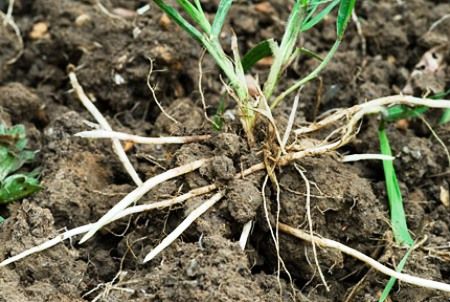
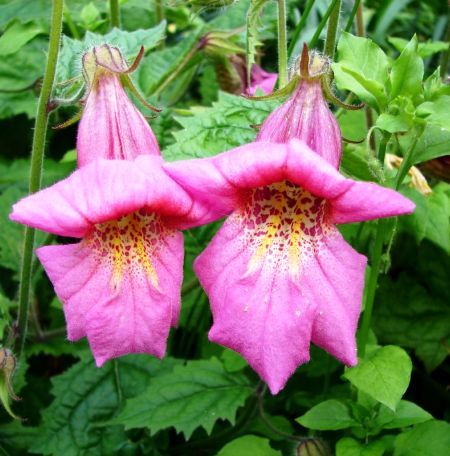
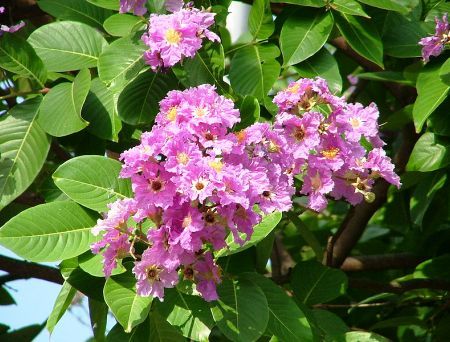
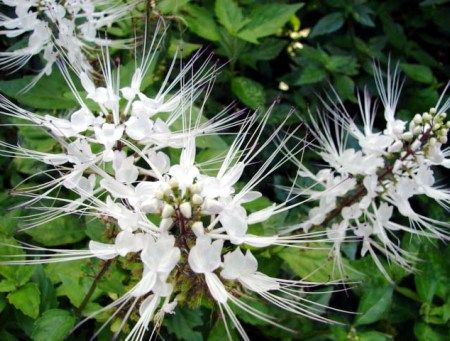

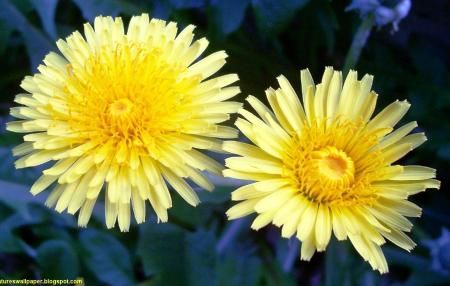

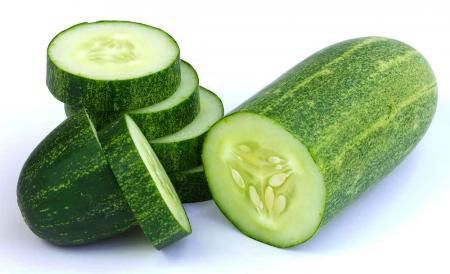













































No comments:
Post a Comment